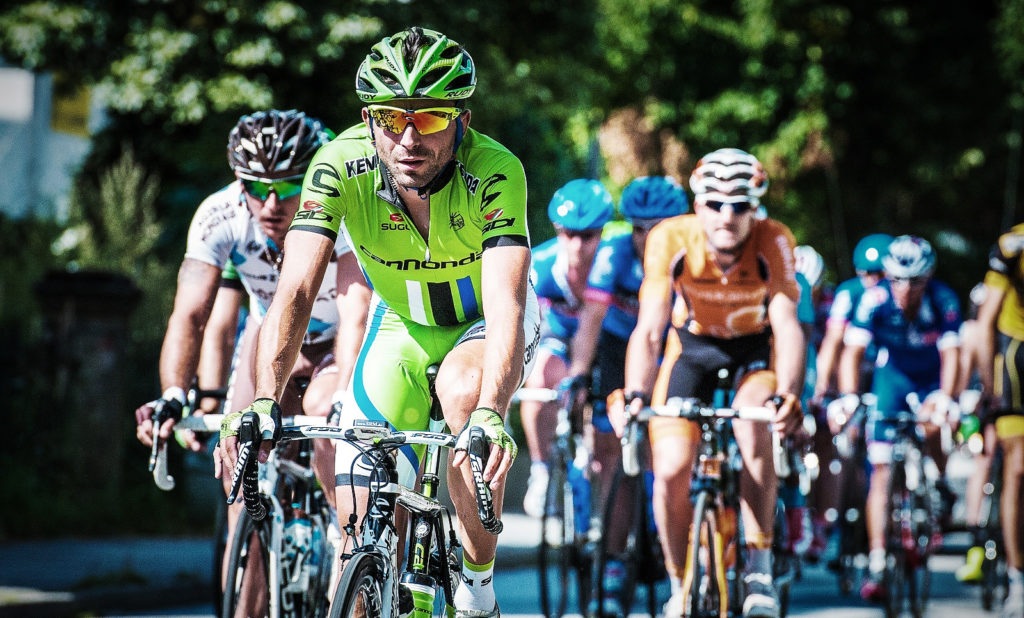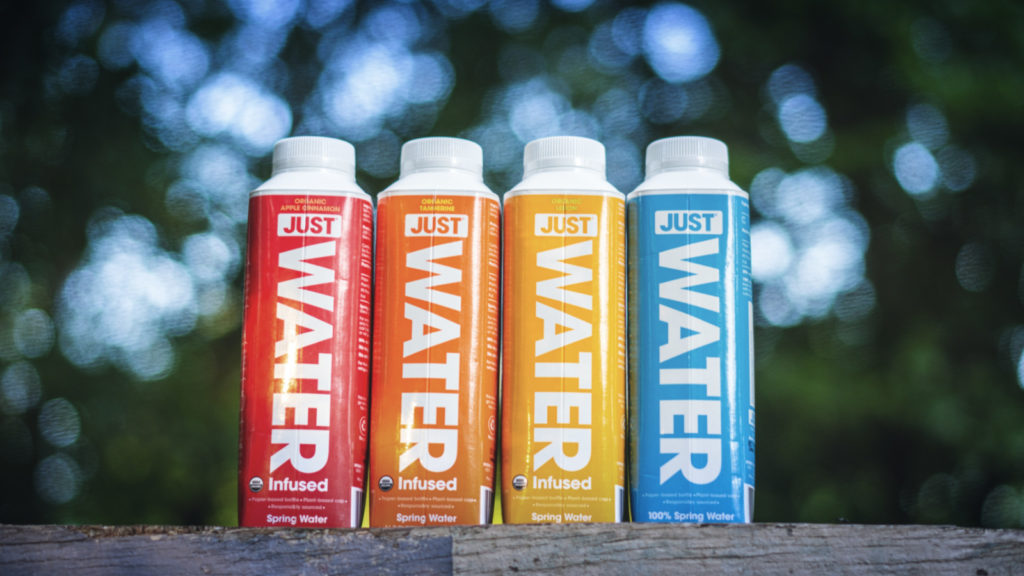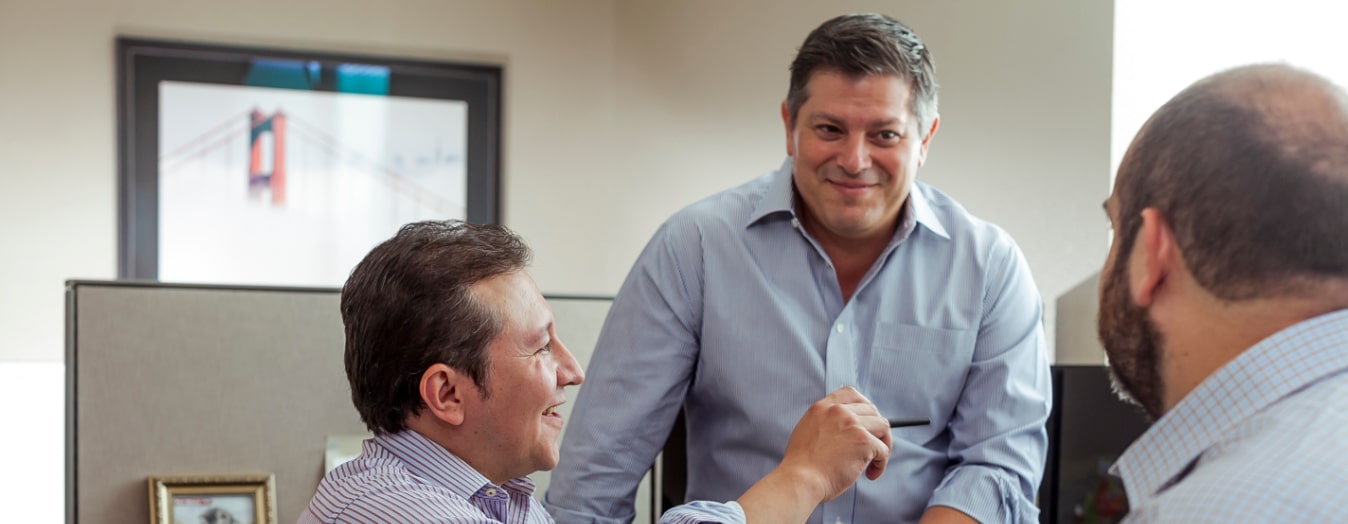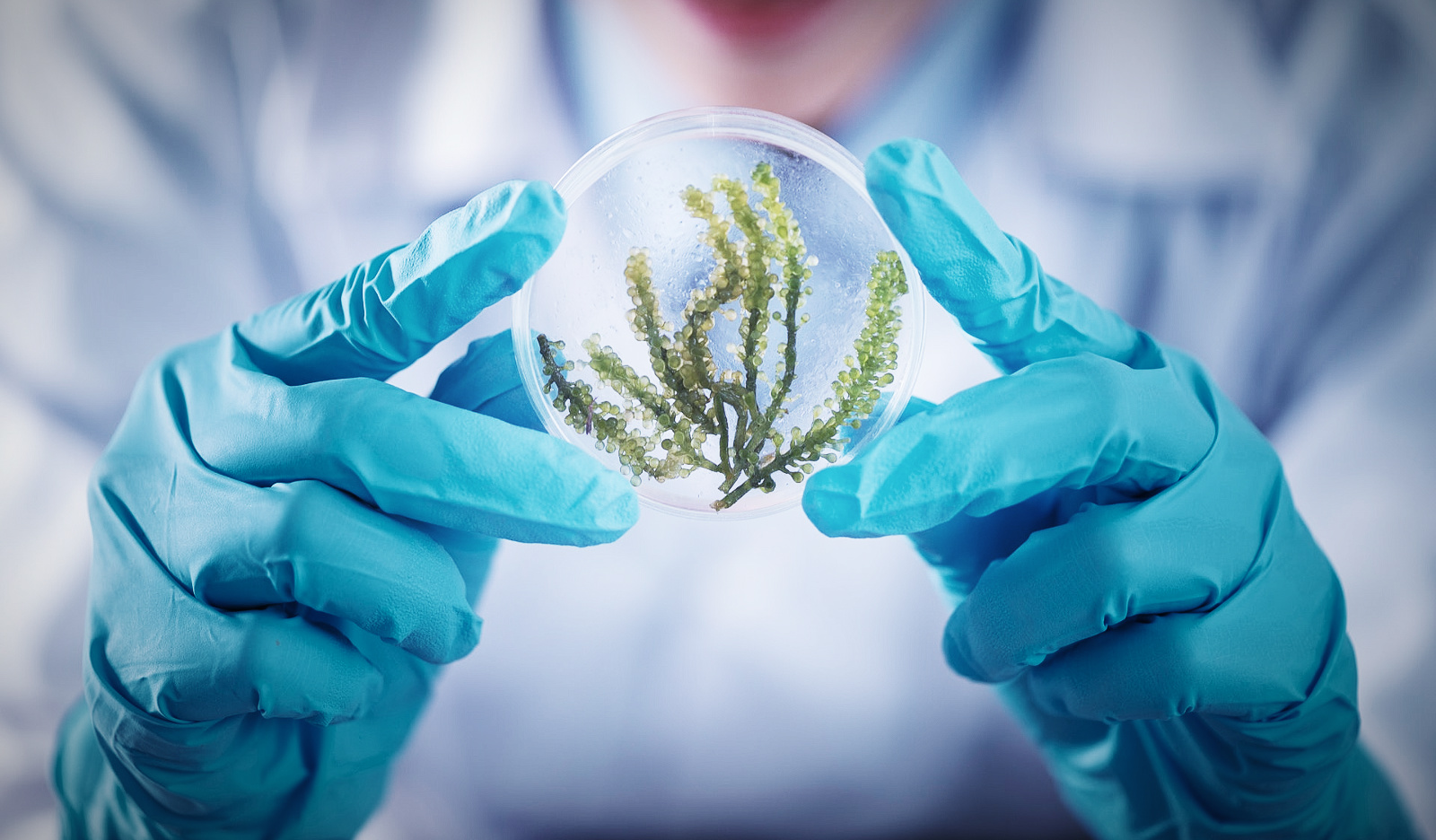Twenty years ago, computers were still a niche technology. Now, a computer stares back at you on the desk, another one, your smartphone, buzzes in your pocket. Go to grab your morning coffee, and you may find your cup automatically brewed. Decades of research and development have turned even the humble coffee machine into a simple computer.
The packaging industry also looked quite different 40 years ago. Some of today’s most pressing problems were barely a consideration. Online shopping was all but unheard of as people flocked to malls and big box stores. Scientists discussed sustainability, but urgency was often lacking. And while packaging provided branding opportunities, it wasn’t as vital a distinguishing factor as it is today.
Now, the biggest brands use packaging to drive home their values and brand story. Apple’s packaging carries the same clean, uncluttered feel as its iPhones and Macs, for example. Head to the company’s website, and their emphasis on sustainability, recycled materials, and cutting waste is laid bare for the whole world to see.
Ultimately, we can view packaging as a strategic asset that empowers companies in pursuit of key values, such as sustainability. Yet progress doesn’t simply occur but is instead something we must strive for. Companies must invest in research today if they’re to develop tomorrow’s advanced packaging materials.

Cut-Throat Competition Demands Enlightened Research
History tells us of the Age of Enlightenment and various other golden eras the world over. Hundreds of years from now, people may look back to today as an Age of Innovation. As Matt Jones points out in Forbes:
“We live in an age of unprecedented innovation. Many of the world’s biggest companies and most ubiquitous technologies were unimaginable a decade or two ago.”
Research and development play a crucial role in innovation, but what drives R&D? Hark back to an Econ 101 class and you might recall markets and how competition drives them. The strong survive and thrive, while the weak perish. Companies don’t invest in R&D as a feel-good exercise but instead to improve their competitiveness.
Writing for McKinsey, Tom Brennan, Philipp Ernst, Joshua Katz, and Erik Roth state:
“At the core, they [companies] hope their R&D investments yield the critical technology from which they can develop new products, services, and business models. But for R&D to deliver genuine value, its role must be woven centrally into the organization’s mission.”
In regards to packaging, many of tomorrow’s most successful packaging firms will be the companies that invest in R&D today. Companies that fail to invest, on the other hand, may stagnate. Tom Brennan, Philipp Ernst, Joshua Katz, and Erik Roth conclude that:
“As organizations mature, innovation-driven growth becomes increasingly important, as their traditional means of organic growth, such as geographic expansion and entry into untapped market segments, diminish.”
The packaging industry is mature and “traditional means of organic growth” are often hard to come by. Yet through R&D, companies can enjoy innovation-driven growth, standing out even in intensely competitive markets.
Consumers can’t be forgotten amid the churn. Indeed, R&D should aim to satisfy consumers’ wants and needs. In Jenni Spinner’s Packaging Digest article “Consumer research propels packaging innovation,” shopper research expert Caroline Capel notes:
“When it comes to packaging, our overriding message continues to be to start early with consumer research for the best chance of success. By examining consumer perceptions from the initial stages of development, companies are better able to ensure their strategies are successful; not only meeting consumers’ needs but also ensuring they engage with products more positively and, ultimately, purchase more.”
Markets and consumers will spur R&D, but to what end? Pumping up sales numbers is no longer enough. Now, the scope must be widened to consider the needs of the Earth itself. Fortunately, R&D may help us achieve sustainable aspirations.

Make Sustainable Dreams a Reality Through Innovation
It’s impossible to say where specifically research and development will take the packaging industry. The most innovative packaging products ten years from now may be things no one’s thinking about right now.
Still, it’s a safe bet that sustainability will drive many developments. Why? Quite simply, consumers and indeed our world demand it. Writing for PackHelp, Phil Forbes puts it this way:
“Many of us were brought up with the phrase ‘reduce, reuse, recycle’ in our vocabulary. Today, it’s essential to your business that you reflect these same values. Not only to help the environment, but also increase brand loyalty amongst eco-conscious consumers.”
Already, sustainable packaging is a major focus for many organizations. Back in 2019, Rose Shilling sagely noted:
“One after another, food and beverage companies have declared plans to cut waste and move toward the ultimate goal: packaging materials that are reused over and over. Packaging suppliers and designers are engineering solutions to drive this shift without compromising on processors’ other priorities for product quality, manufacturing efficiency and more.”
Take a long walk along a local stream and you may find plastic soda bottles and other packaging bits floating in the water. It’s no surprise then that food packaging companies are investing in more sustainable packaging solutions. Indeed, through the “Paper Bottle Project,” Coca Cola hopes to go plastic free by 2022, an ambitious goal. Thomas Shambler outlines the project:
The initiative aims to develop eco-friendly plastics called PEF – which is made using plant sugars. Those will be used to line compostable cardboard bottles (similar to the plastic inside your take-away coffee cup – but one that biodegrades) and replace the need for regular plastics.
Shambler further states:
Studies have shown that PEF made from plant plastic decomposes almost entirely after just one year in a composter. It would take a few years longer if it was chucked away normally (but, importantly, it will biodegrade).
Biodegradable packaging materials will likely play a major role in the future. That said, “reuse” may also play a crucial part. Right now, many researchers are working towards establishing a circular economy that will eliminate waste and ensure that resources and materials are continuously reused.
Yet the reality today is far from the dream of a circular economy. Writing for Sphera, Sophie Kieselbach notes that countries that accept trash for recycling ultimately:
“…dispose of superfluous waste in endless landfills where part of it ends up as ocean plastic, or they burn it (illegally) in the open air, releasing noxious fumes over local settlements.”
Recycling is heavily promoted, but it’s an inefficient process that still produces a lot of waste. Reusing materials, rather than recycling them, may offer a more sustainable approach. Regarding “reuse,” Kieselbach notes:
“It [reuse] may also necessitate more robust packaging materials that need to withstand washing and sterilization. It also needs to have well-built infrastructure to collect, wash, sterilize, refill and return the packaging to consumers.”
Reduce, reuse, recycle, indeed. Yet no matter the flavor, sustainability will be a major focus of packaging R&D in the years to come. And the right research and development efforts now could go a long way towards helping us build a greener, more environmentally-friendly global society.
What does research and development have to do with executive recruiting? EVERYTHING! R&D has always been a vital part of the packaging industry. We recruit forward thinkers for our elite clientele, and we’ll do the same for your organization.
Chase & Associates
We Have Your Back



